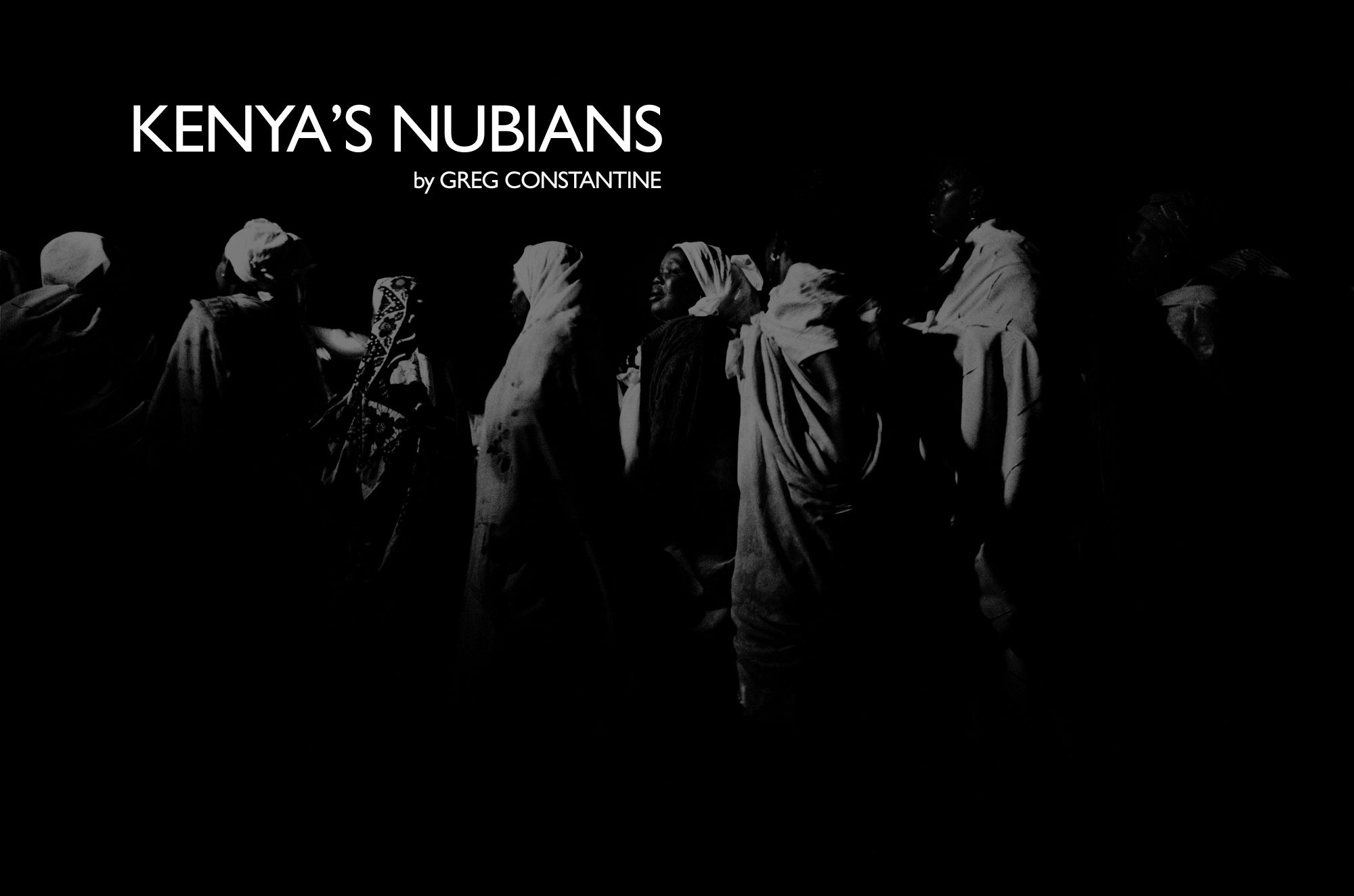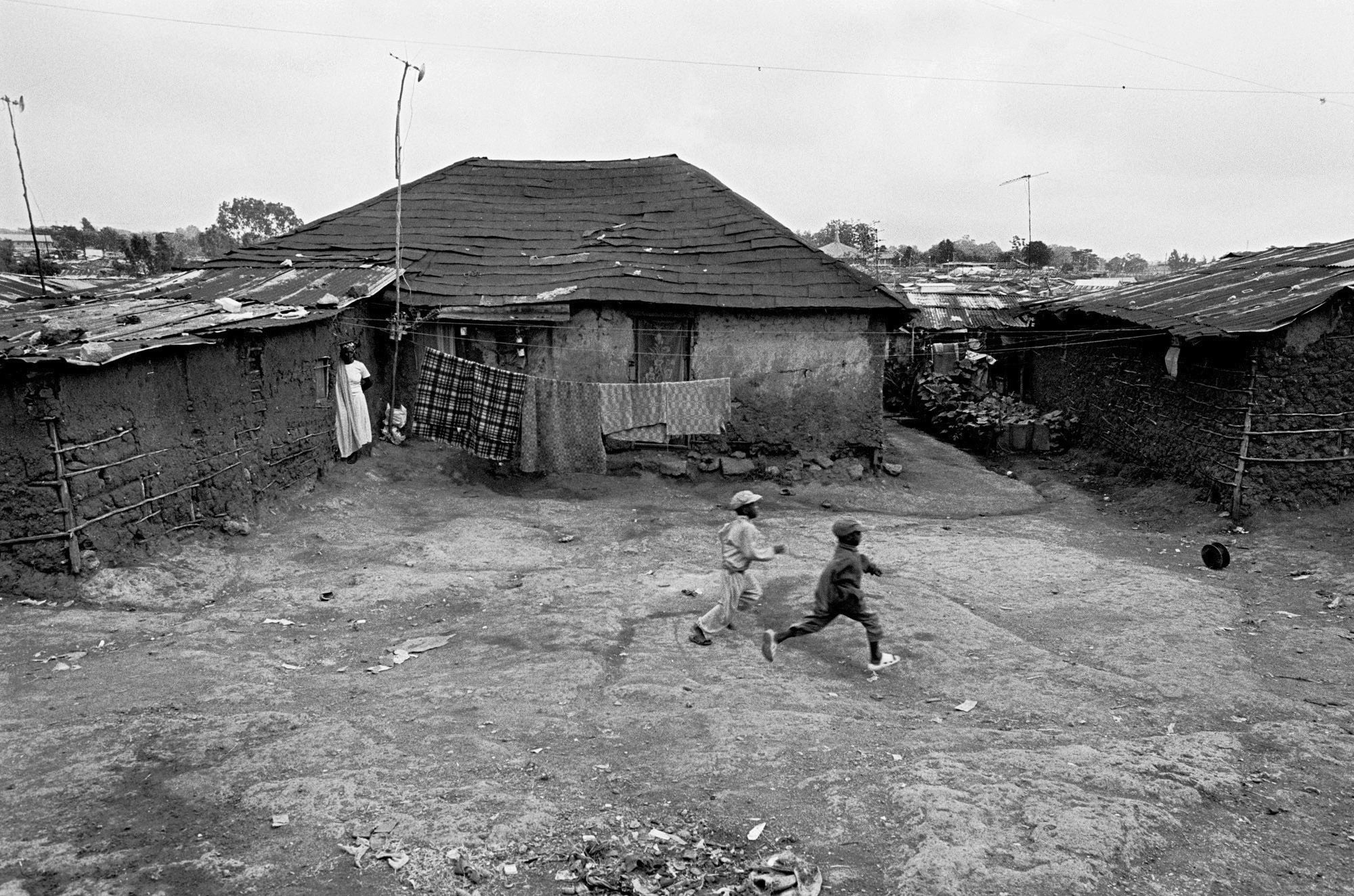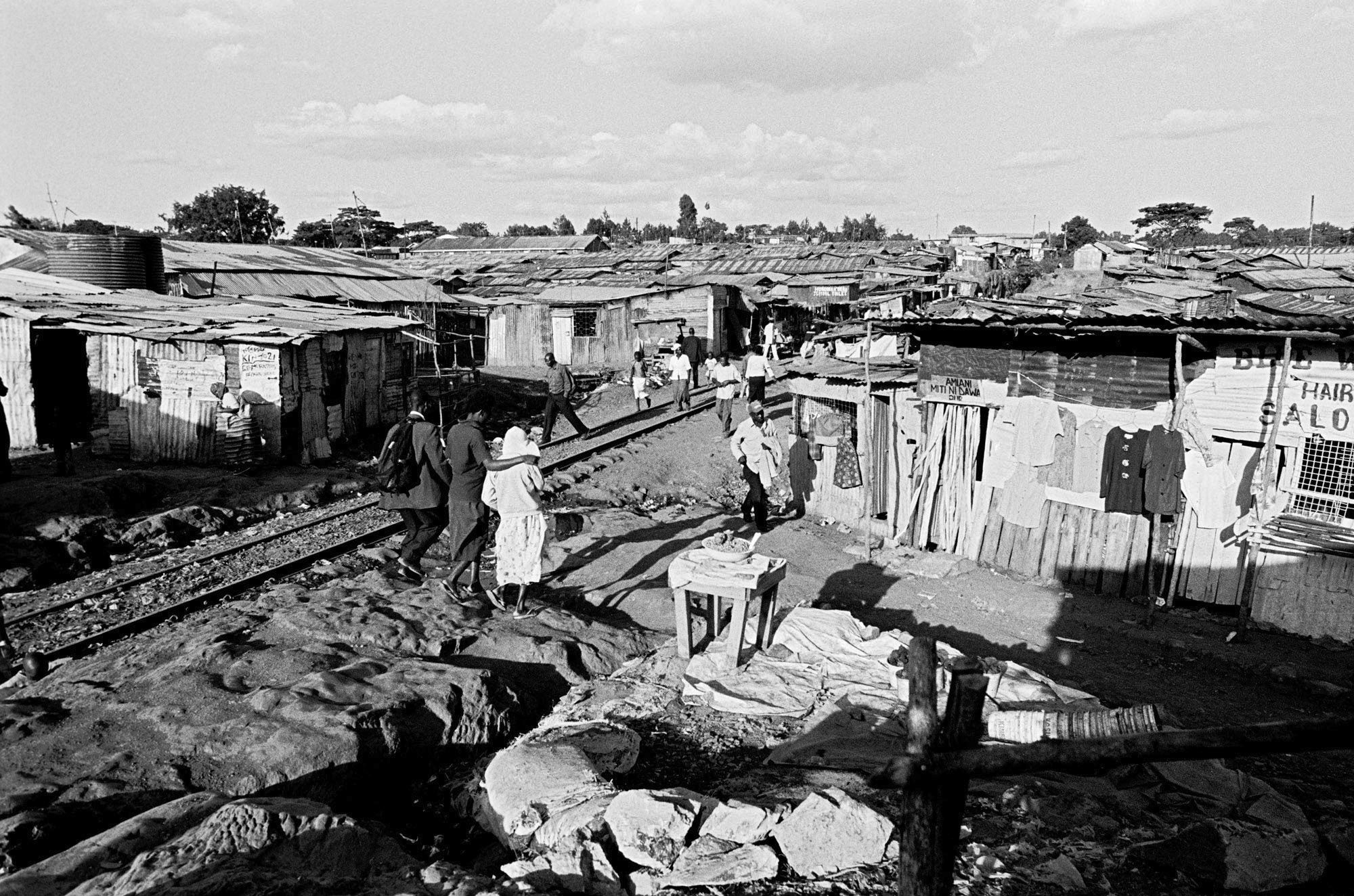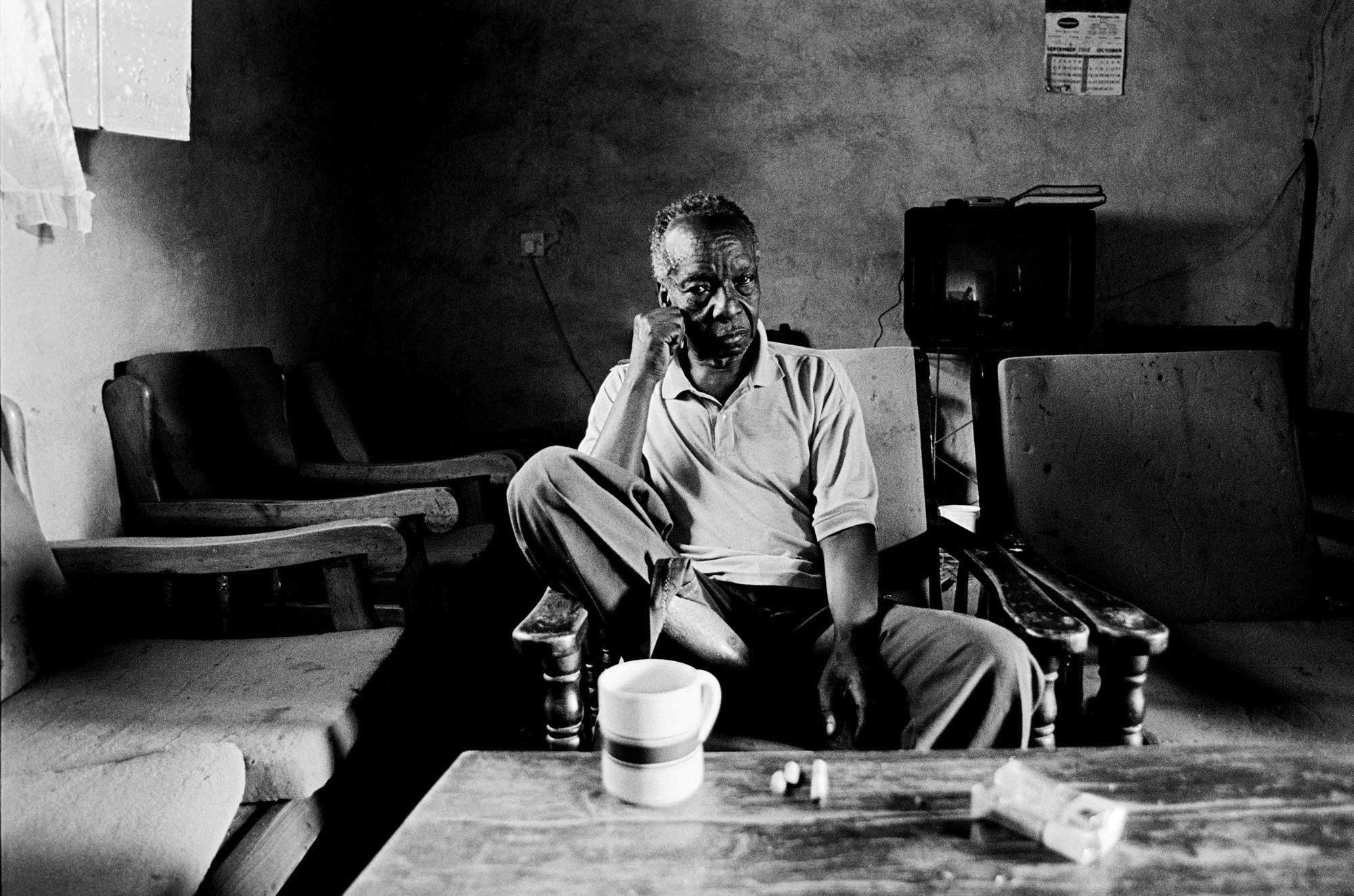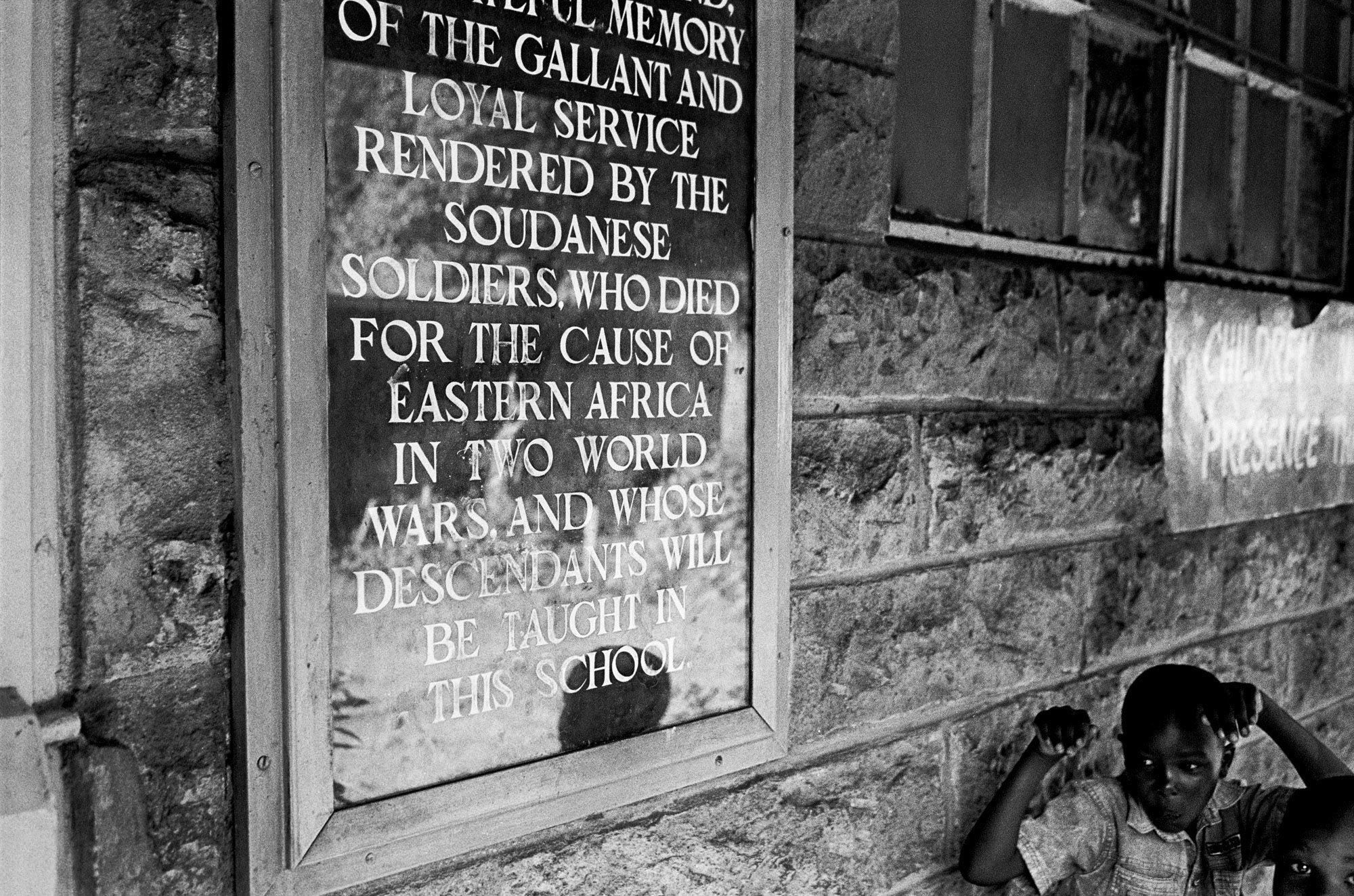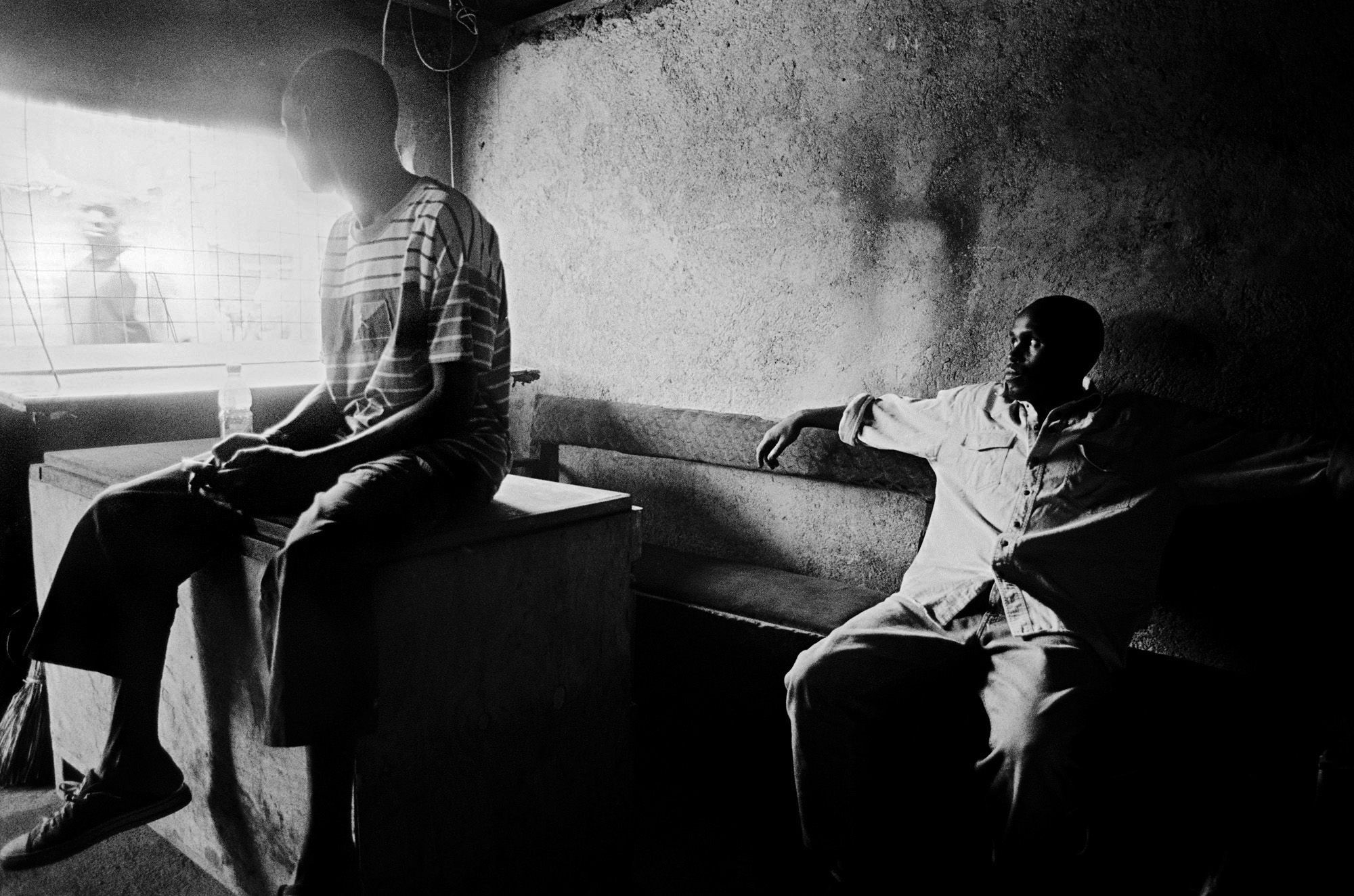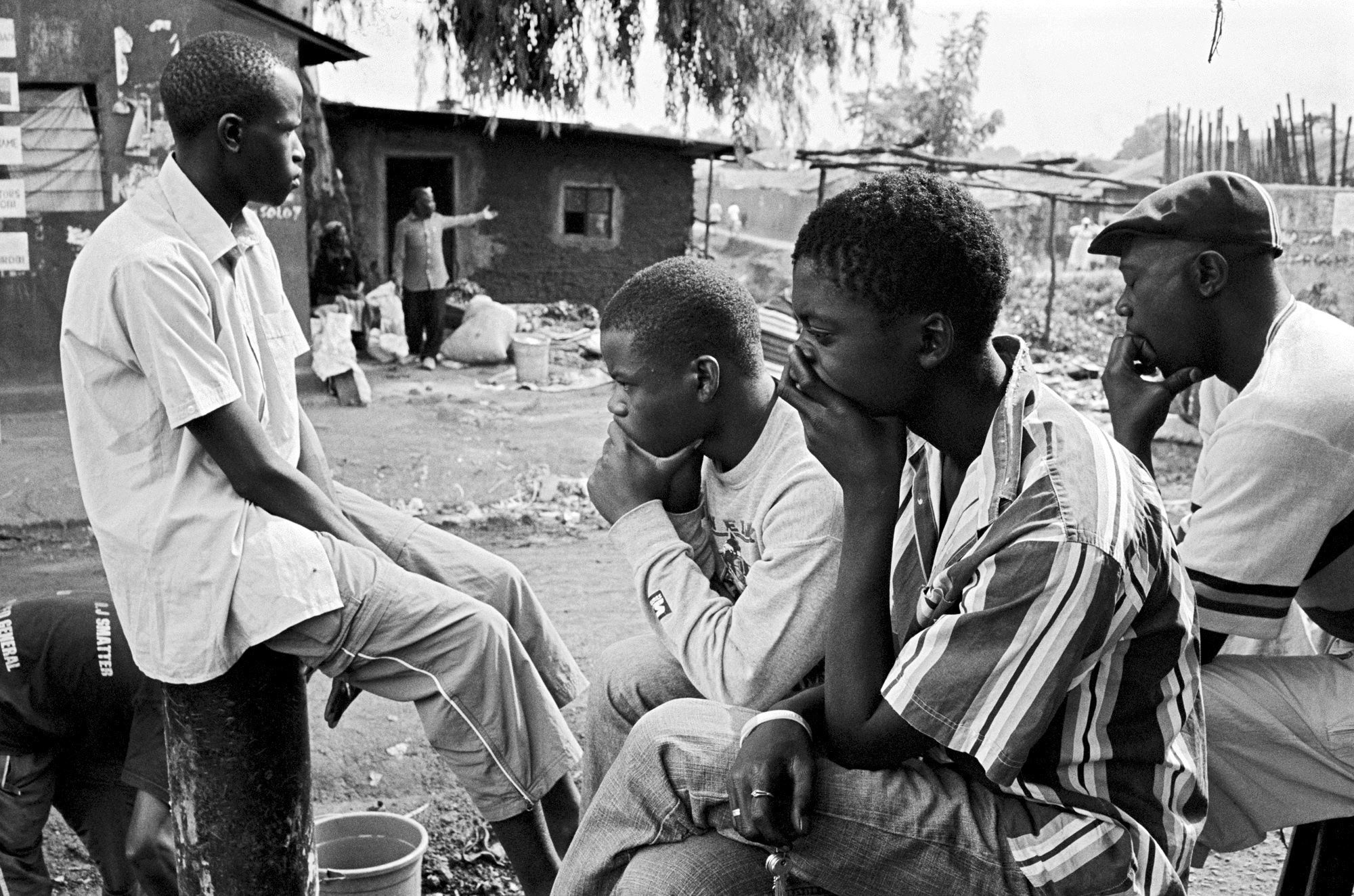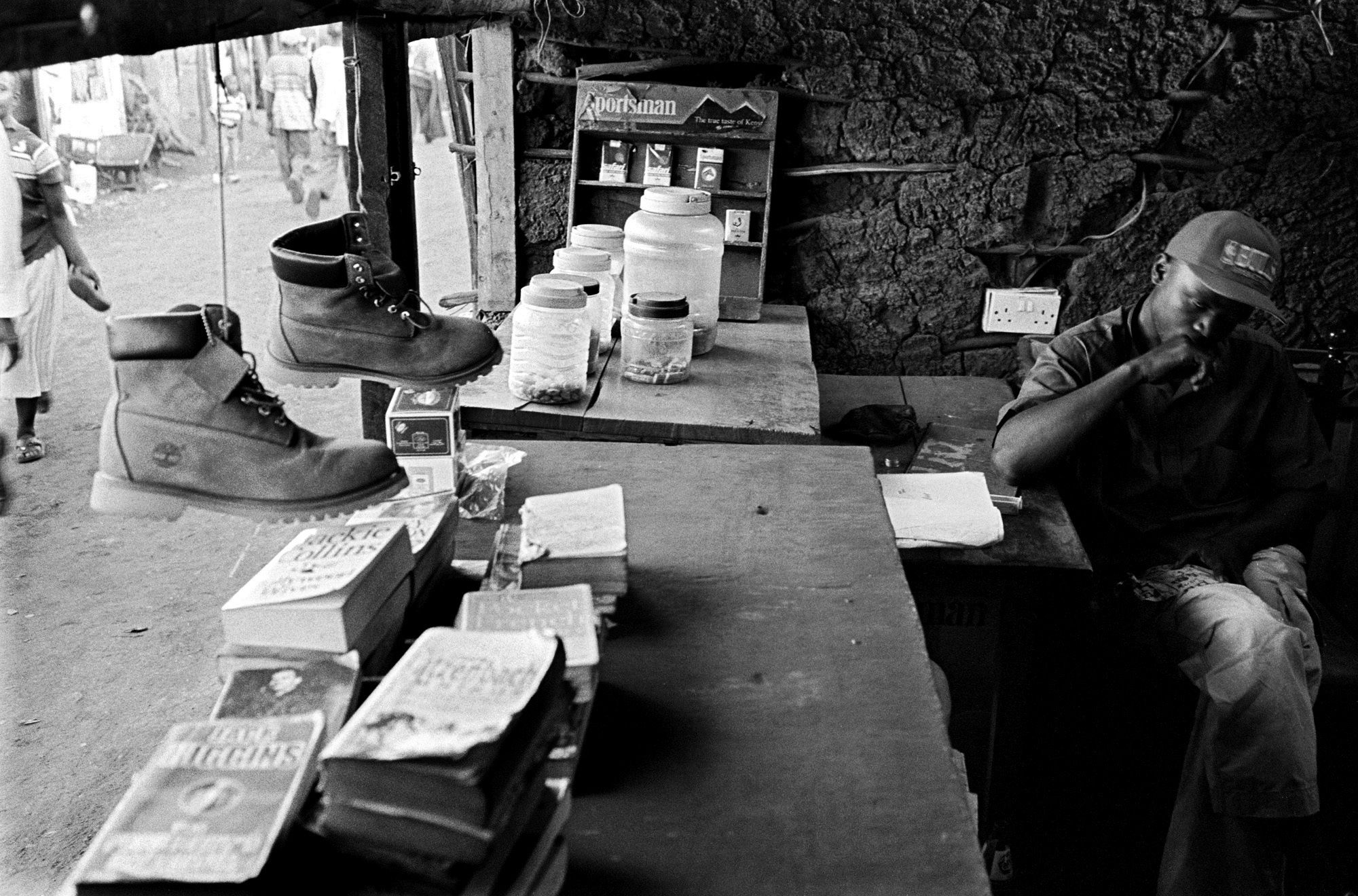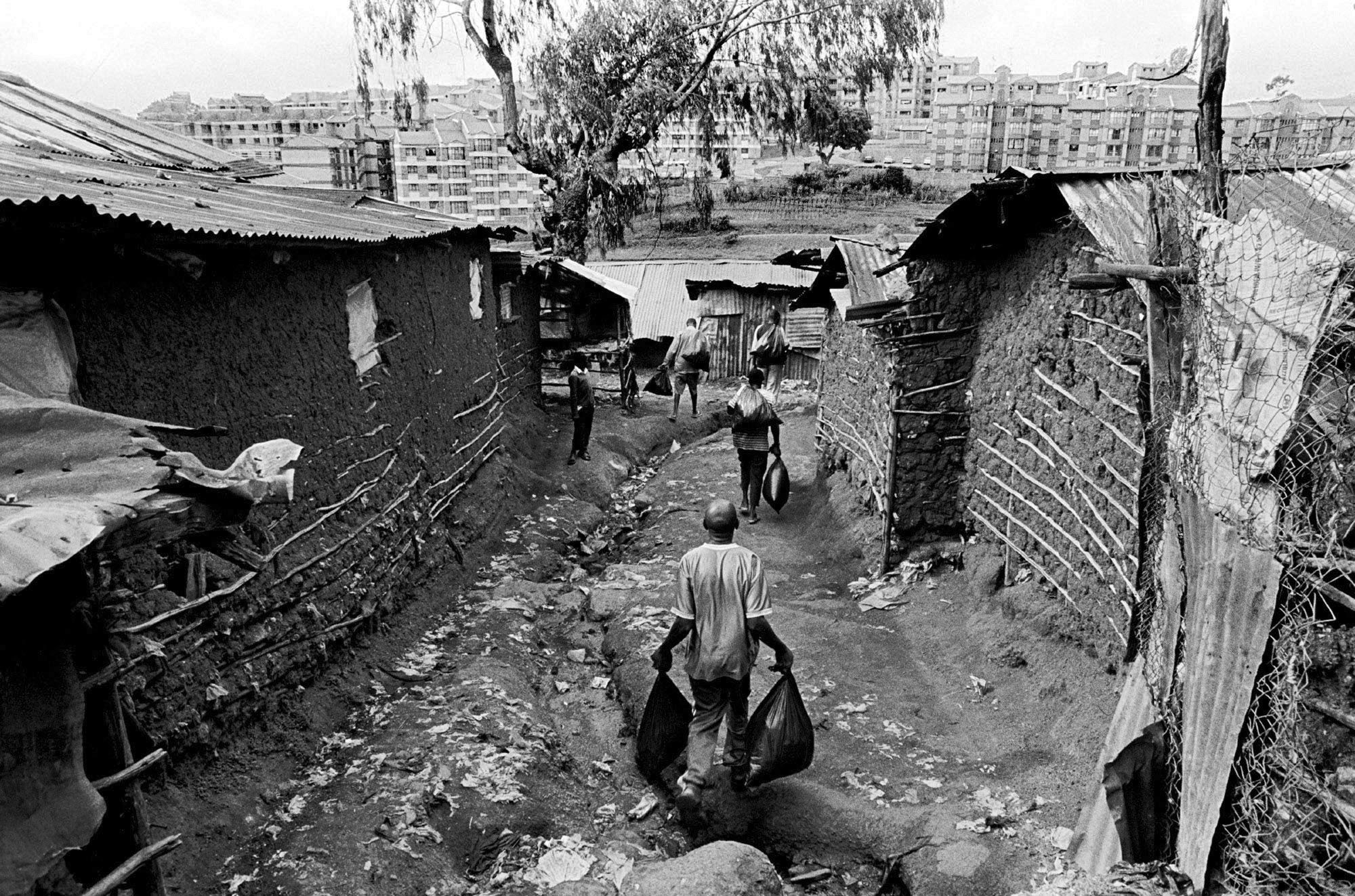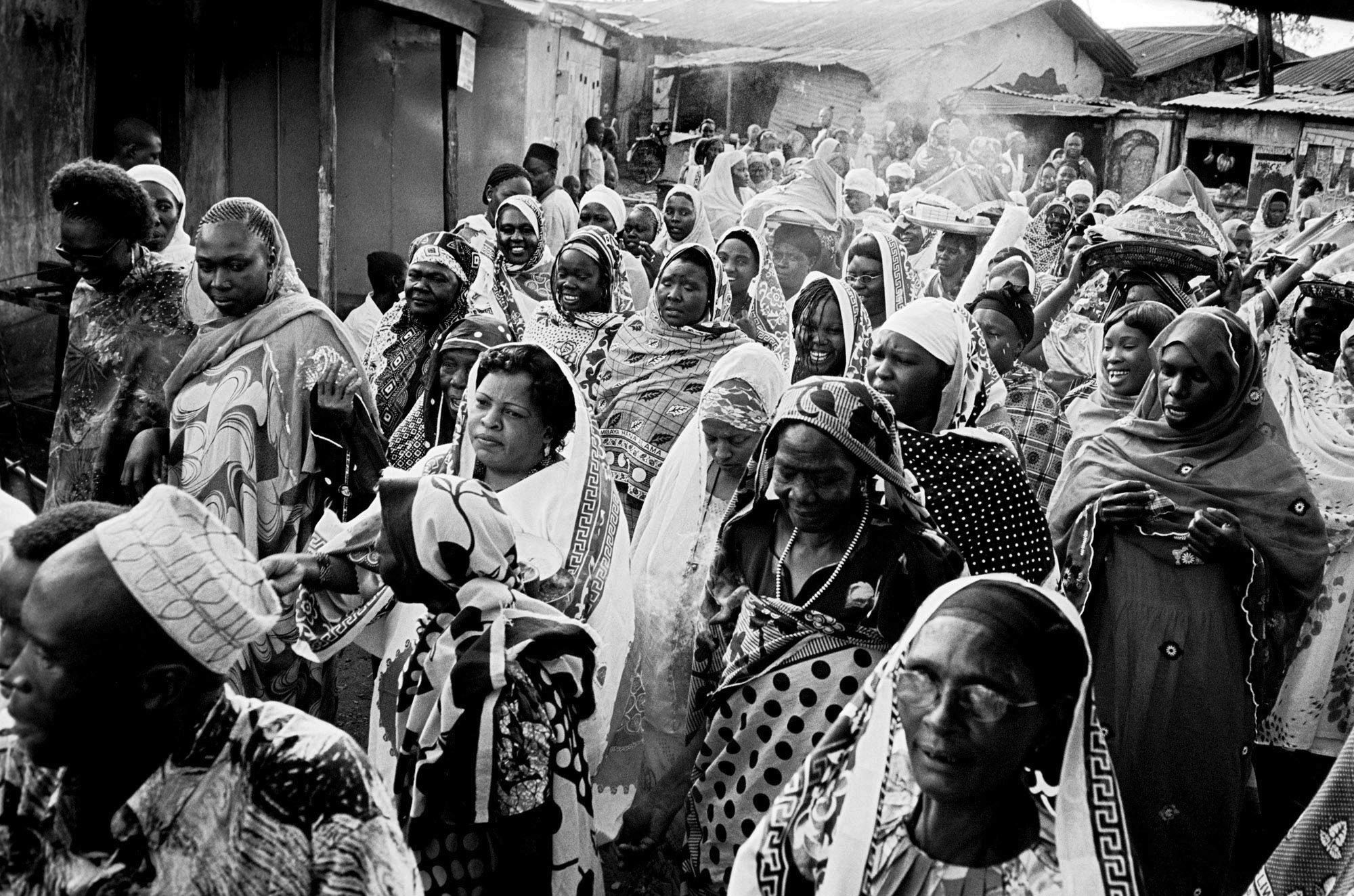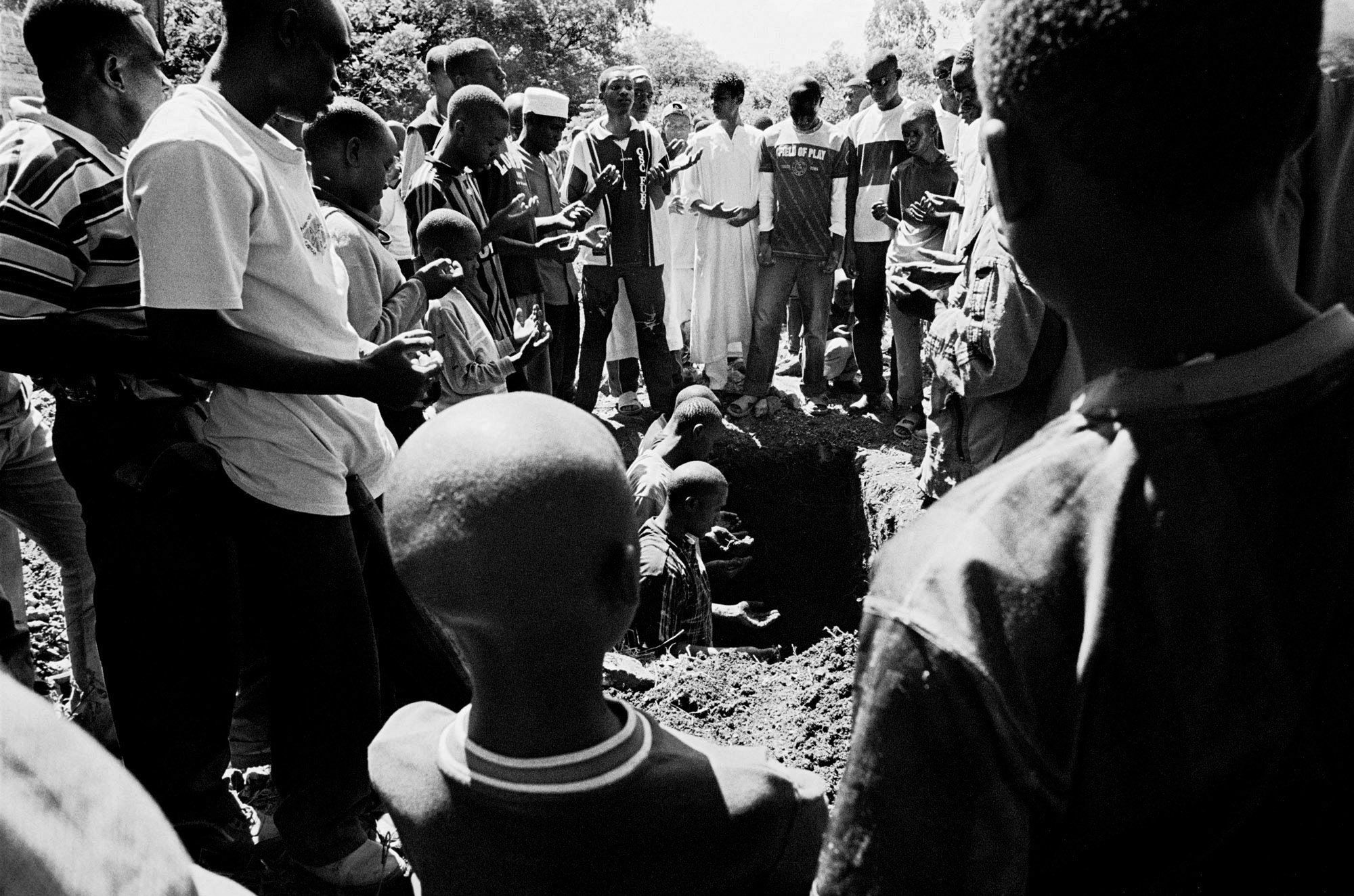The Nubian community in Kenya has lived in the country for over 100 years, yet has historically been denied recognition. After Kenya's independence, many people in the Nubian community were not extended Kenyan nationality, and since then they have struggled for many social, civil and economic rights. Up until the most recent census conducted in 2009, the Nubian community was not a formally recognized tribe of Kenya; they were considered as "Other Kenyans" or simply "Others." They have faced difficulties in obtaining national ID cards, passports as well as economic opportunities that are easily accessible to Kenyans from other tribes. In 1912, the British government designated 4,197 acres of land for the Nubians to settle on as their new homeland in Kenya. The land was located outside of what would become the city of Nairobi. The Nubians called the land Kibra or "land of forest." Since Kenya's independence, the Nubian community has been denied title to this land. Over the past 40 years, hundreds of thousands of Kenyans would flood into Nairobi seeking work and Kibra was the place where they were encouraged to settle. Eventually, the Nubian village of Kibra would come to be know as Kibera, one of the largest slums in Africa.
Over the years the Nubian community has striven for recognition in order to contribute to a country and society it has lived in for generations. Recent developments in Kenya's laws and a new constitution over the past year have provided some hope for the Nubian community, but having been marginalized economically and politically for decades, the community still faces a number of challenges.
